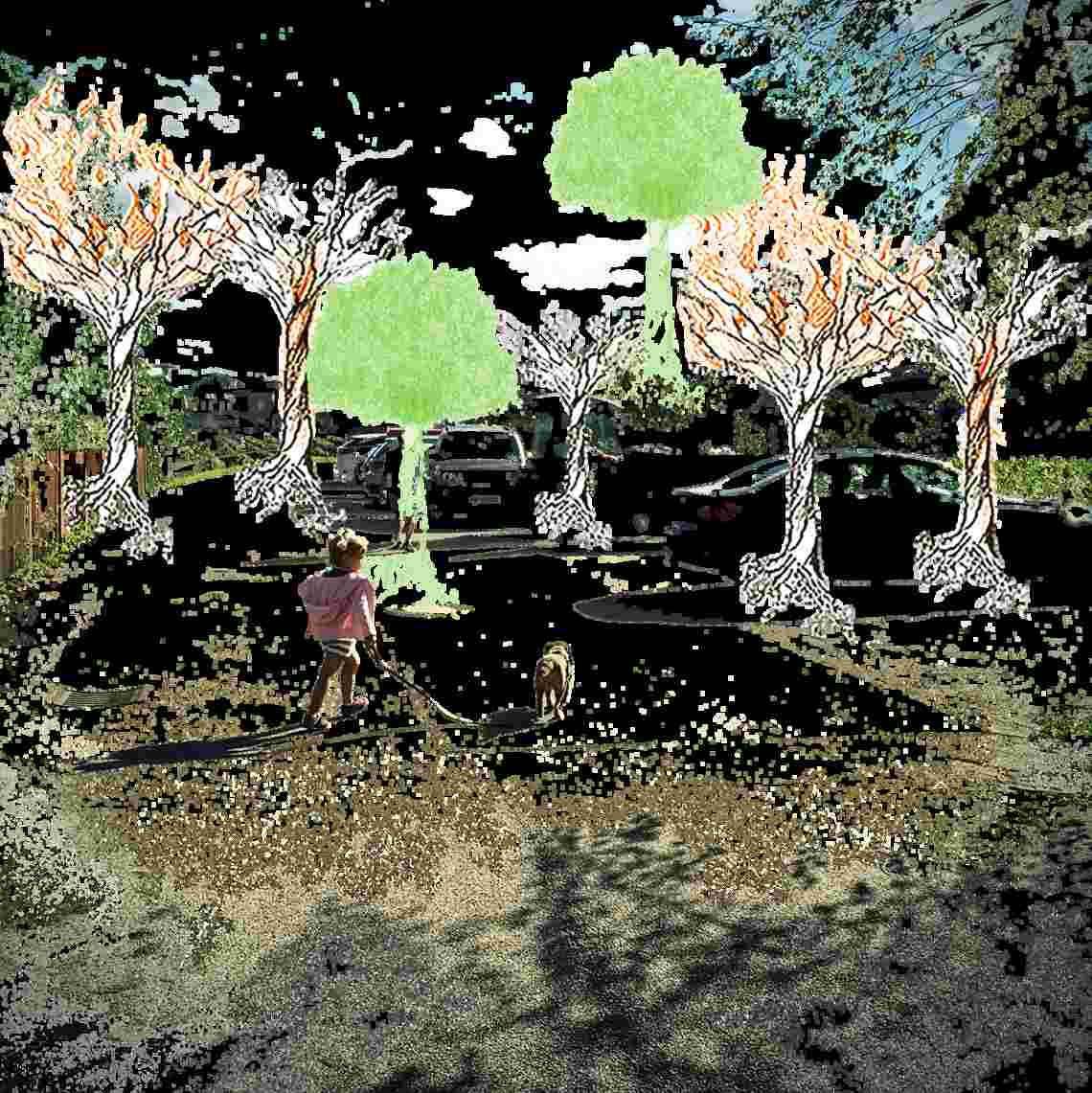

You come down with a heavy cold, or an allergy you thought you had under control flares up again. Or the trip plays havoc with your digestive system. The list of possible illnesses is a long one. Each of us will have our own experience to draw on here.
What is it that throws our body off balance
as soon as it has a chance to relax?
We actually need to start the process of relaxation more gradually, plan a holiday over a two to three week period and maintain a basic level of exertion. There is a good reason why active holidays are becoming increasingly popular.
For when the autonomic nervous system suddenly get the “relax” signal, the activity of the sympathetic nervous system drops, which weakens the stress system and its role of controlling inflammatory conditions. Above all our immunity is impaired in many respects. We then become particularly susceptible to viral infections, but the healing potential of the body also lessens, which means old injuries can suddenly flare up again and cause problems. Allergies or asthma may recur even if we have not noticed any symptoms for some time.
How each of us best relaxes and avoids wasting our costly free time being sick varies greatly from one individual to another. Relaxation and active phases have to be personally tailored to your needs. Until the body adjusts to the state of relaxation, it is vulnerable and long trips and jetlag can exacerbate this phenomenon.
So if we take our regeneration hangover and fall exhausted and deflated into a phase of total relaxation without any transition period, it puts huge pressure on the natural balance of our body. The activity of the autonomic nervous system drops, we become more susceptible to infection and the symptoms of any existing immune regulation disorders like allergies or neuro-dermatitis flare up again.
The stress system switches to relaxation mode and you fall headlong into the “holiday trap”. Instead of relaxation and regeneration doing you good, you experience conditions caused by inflammation such as sleeping problems, persistent fatigue or lethargy, pain or infections. The range of possible afflictions is huge.
So make a point of staying active even when you are on holiday, in order to keep your autonomic nervous system and your immunity active enough to prevent you feeling lethargic.
Have the courage to regenerate
Regeneration is a highly active phase of restoring the entire body. We live in a society where it sadly takes a lot of courage to take a break. The body and the brain need these phase of regeneration. Otherwise the stress system increasingly loses its ability to curb the level of inflammation within us. The lack of recovery time then makes us sick, although some tend to succumb earlier than others. For the length of required recovery or regeneration time varies from one person to another.
Unfortunately no amount of lab tests can tell us how well we have recovered from our exertions. We are once again reliant on ourselves and our sense of how our body feels. Frequently diagnosed conditions of burnout or chronic fatigue syndrome are clear indications that we devote too little time to regeneration.
When we skip these all-important recovery times, we start feeling unwell. This may find expression in moodiness, lack of motivation, exhaustion, sleeping problems, lack of appetite or impaired temperature sensation. Our susceptibility to injury or infection grows and the normal healing processes are delayed.

I could also write a book about what happens when you fail to take breaks.
I have been an endurance runner for many years now and to this day I still overdo things and push my body beyond its limits, especially at the weekend.
By Monday I then feel completely exhausted. My work does not come easily to me. I am bad-tempered and tend to suffer from hot flushes. I don’t have much appetite either. These are all typical signs that I have failed to allow myself enough recovery time.